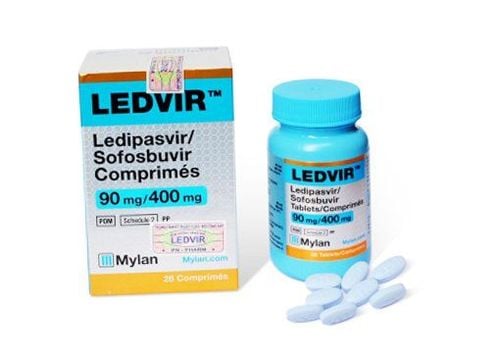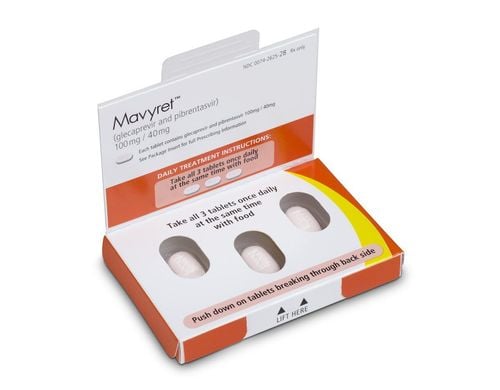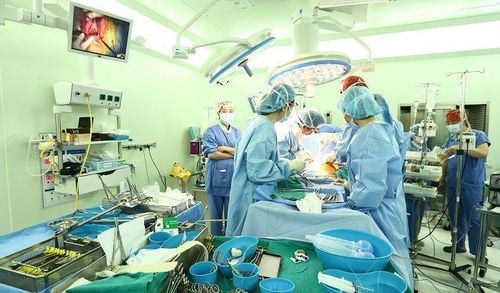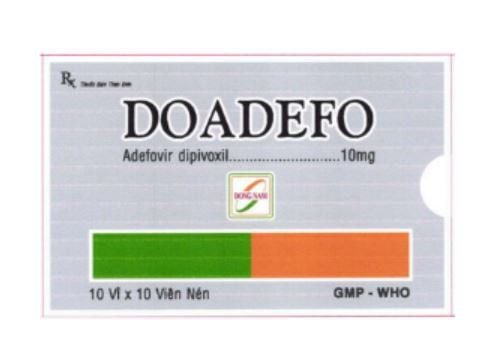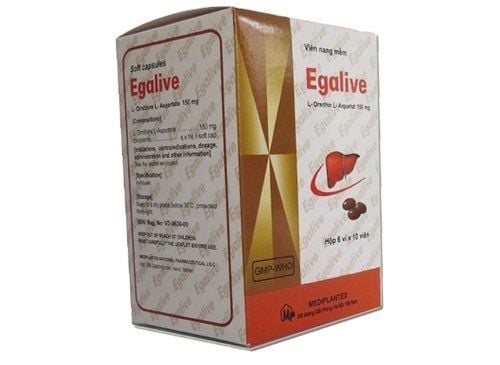This is an automatically translated article.
Liver cancer is a common and common cancer in people who drink alcohol. The early diagnosis and detection of liver cancer will help the treatment process be better.
1. Liver cancer
Liver cancer is the uncontrolled growth and development of cancer cells in the liver. Liver cancer is the most common type of cancer, of which primary liver cancer accounts for about 80% of cases.
People with risk factors for liver cancer include:
Alcohol consumption Hepatitis B Hepatitis C Cirrhosis Family history of liver cancer
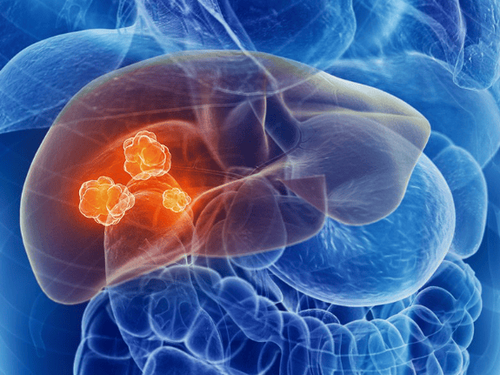
Ung thư gan
Liver cancer often develops silently, with no symptoms in the early stages. Only about 30% of patients detect the disease at an early stage. Therefore, people with risk factors need to be tested and checked periodically to be able to detect early and take timely intervention measures.
2.Tests to detect liver cancer early
To diagnose liver cancer, doctors often order an ultrasound. This is an imaging method that can detect tumors over 1cm. Ultrasound plays a very important role in screening and early detection of liver cancer. Other imaging methods include: magnetic resonance imaging, tomography,...
However, these imaging methods only detect when a tumor has appeared. For early diagnosis, it is necessary to rely on biochemical and immunological indicators secreted by cancer cells. The biochemical and immunological tests that help diagnose liver cancer early include:

Xét nghiệm hóa sinh giúp chẩn đoán phát hiện ung thư gan sớm
2.1 A-fetoprotein (AFP) One of the markers of liver cancer that has been used in cancer screening tests is AFP. AFP is a single-chain glycoprotein, synthesized mainly in the embryonic liver and yolk sac, then into the amniotic fluid, crosses the placenta, and enters the maternal blood. In healthy adults, serum AFP levels are 0-7 ng/mL. A serum AFP level of 20ng/mL is the most commonly used cut-off value to differentiate patients with and without primary cancer.
However, in fact, some patients without liver cancer still have elevated AFP levels. For example, patients with hepatitis, chronic liver disease, cirrhosis, testicular teratoma, pregnant women. Besides, there are also some patients with liver cancer but AFP does not increase. Therefore, scientists continue to study more effective markers of liver cancer diagnosis and the results have discovered two other important markers for early liver cancer detection, AFP L3 and DCP, and DCP and DCP. called PIVKA II.
2.2 AFP-L3 Is a peer of AFP. There are three forms of AFP capable of binding to Lens culinaris agglutinin (LCA) with different affinities. AFP-L1 is an LCA-free type, which is the predominant form seen in people with benign liver disease such as chronic hepatitis B or cirrhosis. AFP-L2 is able to bind LCA with moderate affinity and is the predominant form produced by yolk sac tumours.
AFP-L3 is produced by malignant hepatocytes, binds with high affinity to LCA and is the predominant form seen in patients with primary liver cancer. The cut-off value of AFP-L3 is determined to be 10%, the test has a sensitivity of 56% and a specificity of 90% in detecting primary liver cancer. People with AFP-L3 values higher than 10% have a 7-fold increased risk of developing primary liver cancer within 21 months.

Ung thư gan nguyên phát
2.3 DCP or PIVKA II An abnormal form produced by a lack of vitamin K in prothrombin, a clotting factor produced by the liver. DCP can be produced by liver tumors and levels are often increased with primary cancer. Normal DCP levels are 0-7.5 ng/ml. With a cutoff value of 25 ng/mL, the DCP test has a sensitivity of 87% and a specificity of 85% in the diagnosis of primary cancer. Many studies have shown that an increase in DCP often reflects disease status, tumor size, and portal vein invasion. In addition, after surgery to remove the tumor or after treatment for liver cancer by other methods, DCP levels decrease rapidly.
In summary, liver cancer is a common disease and is often detected at a late stage because the disease does not manifest in the early stages. Screening for liver cancer is essential, especially for those at high risk such as drinking alcohol, hepatitis B, hepatitis C, etc. Detecting the disease at an early stage will help the treatment process. effective treatment. Therefore, it is necessary to have periodic health checks, for those at high risk, when there are any abnormal signs, it is necessary to immediately go to a medical facility for examination and timely intervention.
Vinmec International General Hospital is one of the hospitals that not only ensures professional quality with a team of leading medical professionals, modern equipment and technology, but also stands out for its examination and consultation services. comprehensive and professional medical consultation and treatment; civilized, polite, safe and sterile medical examination and treatment space.
Please dial HOTLINE for more information or register for an appointment HERE. Download MyVinmec app to make appointments faster and to manage your bookings easily.
MORE
The dangers of liver cancer Common types of liver cancer Why are liver cancer more common in men than in women? Learn about primary liver cancer





